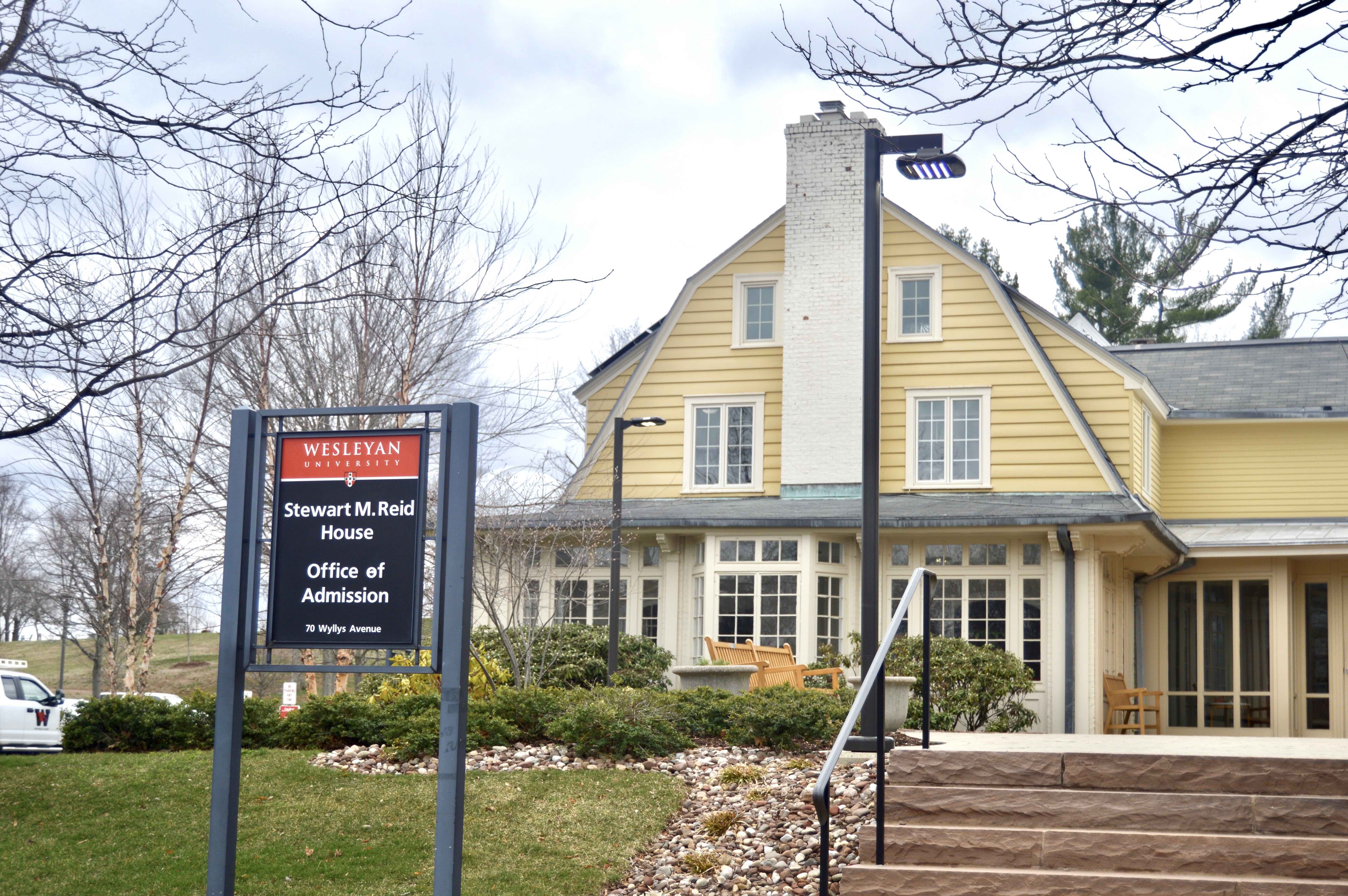
The University announced the end of Wesleyan’s legacy admissions program, in which applicants with a family member who attended Wesleyan were favored in the admissions process, in an all-campus email on Wednesday, July 19, 2023. The decision came shortly after the Supreme Court ruled against affirmative action on Thursday, June 29, prompting Wesleyan to reconsider its admissions process as a whole and confirm its commitment to building a diverse campus.
Wesleyan joined several other universities—including Amherst College, Johns Hopkins University, and the Massachusetts Institute of Technology (MIT)—in ending admissions preferences for legacy applicants this summer. Colleges and universities across the country have been criticized for their legacy admissions policies, which they often justify as an integral part of increasing alumni donations and involvement. However, critics argue that legacy admissions also perpetuate the inequalities that have existed in American universities for centuries. For much of history, universities accepted only white male elites, and as a result, the legacy population tends to skew heavily toward that demographic.
Wesleyan President Michael Roth ’78 explained that the Supreme Court’s decision to end affirmative action necessitated that the University take a definitive stance on legacy admissions. However, he emphasized that Wesleyan had been considering ending legacy admissions for several years before the Supreme Court decision.
“[Legacy admission] wasn’t really a defensible program, and we were giving preference to people because they were related to us,” Roth stated in a recent interview with The Washington Post. “But that’s not a very good reason.”
Roth reported that legacy admissions had a negligible impact on Wesleyan’s admissions process.
“Let’s say seven percent of people who matriculate maybe would have been sons and daughters of alums, and then most of them—but let’s say half of them—would have gotten in on their own,” Roth said in his interview with The Post. “So it’s pretty small for us compared to the older Ivy League schools, very small.”
The Office of Admission did not confirm these statistics, although Vice President and Dean of Admission and Financial Aid Amin Abdul-Malik Gonzalez ’96 did comment on the qualification of legacy admitees in general.
“While I can’t quantify the precise extent to which legacy status informed final admission decisions over time, I can share that, generally speaking, the sons and daughters of alumni in our applicant pool present overall candidacies that are on par with or exceed those of average admits,” Gonzalez wrote in an email to The Argus.
Harvard University accepted legacy applicants at a rate of 34%, while non-legacy applicants were accepted at a rate of only 6% between 2009 and 2015. At Stanford, 13.5% of students entering in fall 2022 were legacy or donor applicants.
Such high rates of legacy admissions often benefit white applicants more than applicants of color. For instance, a 2020 study found that 70% of Harvard University legacy applicants were white. The Office of Admission emphasized Wesleyan’s commitment to a diverse applicant pool despite having maintained a policy of legacy admissions in previous years.
“It is worth noting that for many years, Wesleyan has enrolled more first-generation students to college than the sons and daughters of alumni,” Gonzalez wrote. “In my view, this has always been compelling evidence of our commitments to access and providing transformative educational opportunities to deserving students we believed would make the most of them, while contributing significantly to our campus community.”
All Wesleyan applicants will now be evaluated using a holistic admissions approach, regardless of any familial connection to the University. In a blog post announcing the end of legacy admissions, Roth highlighted the importance of ensuring diversity within the student population and described changes to admissions policy as a step in the right direction.
“[We still value] the ongoing relationships that come from multi-generational Wesleyan attendance, but there will be no ‘bump’ in the selection process,” Roth wrote.
One Wesleyan student emphasized that family connections could still influence students’ experiences without creating bias in the admissions process.
“Maybe [legacy] could act in some way after [legacy students] have gotten in, to try to connect people,” an anonymous sophomore student said.
Wesleyan students have expressed support for the end of legacy admissions.
“You shouldn’t be relying on the status of someone else to get into a university,” Jack Siegel ’26 said. “[Ending legacy admissions] allows for more opportunity for people to get to Wesleyan, to take advantage of their incredible education, and to discover who they are.”
Leo Bader can be reached at lbader@wesleyan.edu.
Max Forstein can be reached at mforstein@wesleyan.edu.



Leave a Reply